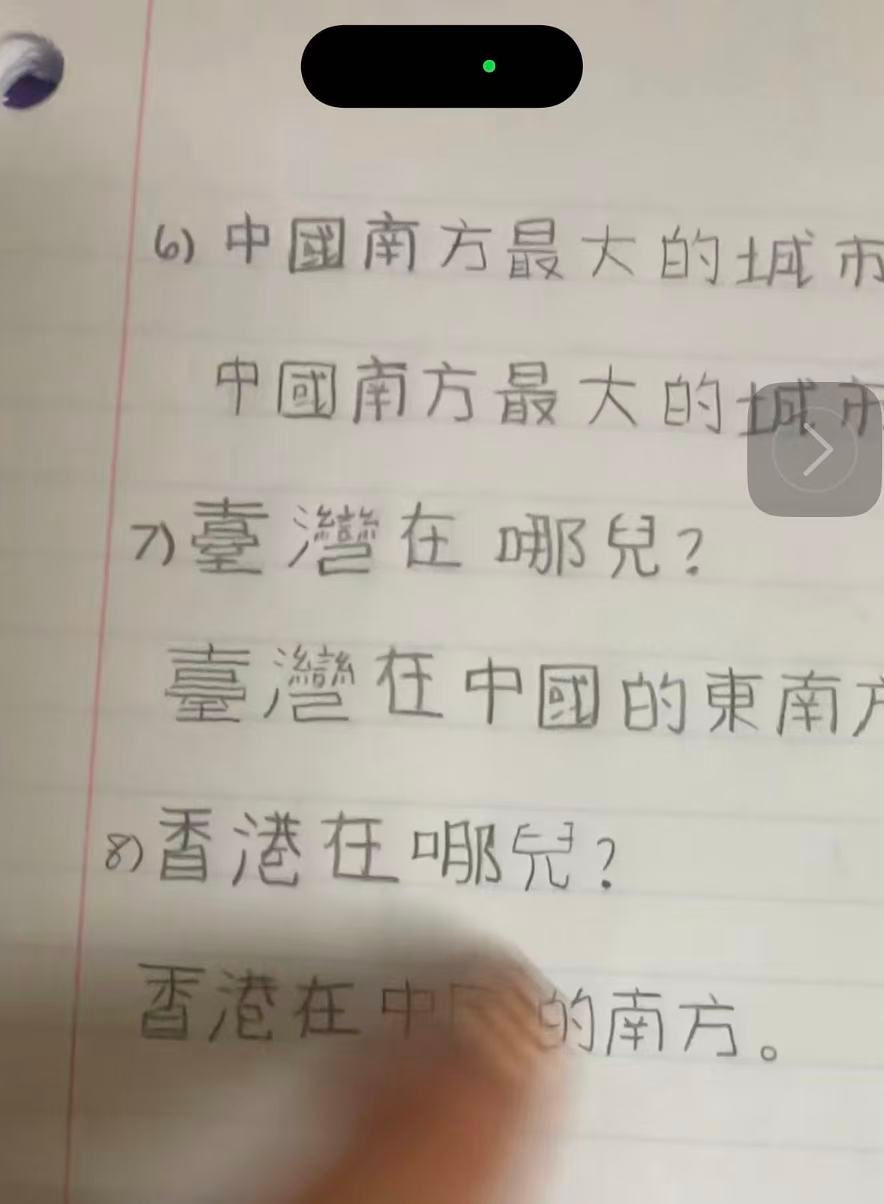Authentic Parent Newsletter, Sep. 2012
- Huale Huang
- Sep 15, 2021
- 2 min read
Date: 9/7/2012, 6:12 PM
Reflections on: We teach children by the way we treat them.

A mother asked me what to do when her child says, “I don’t have to listen
to you.” She has instructed the child to do his singing elsewhere and not
in the living room where the guests (children and adults) were hanging out.
“A very assertive child,” I said. “How did he learn about not listening?”
The mother had enough sessions with me to know that there is no guilt or
blame in recognizing her own responsibility so my words got her laughing.
It did not take her long to realize that this is a clear mirror of her own
behavior towards the child. In fact, she realized that telling him to sing
in another room was the same as telling him, literally, “We don’t have to
listen to you.” The child wanted to share his song with his guests. His
words were a direct mirror of his mother’s.
We often teach not to listen, by not listening to the baby or child. The
baby wants to stay awake and we put her to sleep. She wants to breastfeed
and we try to distract her instead. She wants to stay on mom’s body, and we
coerce her away from her wish. In all these situations we are saying, “I
won’t listen to you.”
Likewise, if grandma tries to kiss and hug the child against his will and
we say, “Give grandma and hug,” we don’t listen to the child’s valid and
autonomous choice. When the child won’t share and we suggest nicely to
share, we refuse to listen to him. When he would rather stay with mom and
we say, “You will be fine with aunt Lucy... or at a school or day care”
etc... In our refusal to listen to the child we teach, “I don’t have to
listen to you.”
There are many other behaviors that we, unknowingly, teach children every
day and then regret it. With best of intention, we forget that the child is
always doing the best she can with the tools we have given her. This is not
a reason to feel guilty, only to feel empowered with this new tool.
Your child gives you back what she is actually experiencing. This is not
about blaming yourself. It is simply a way to detect how your child learned
something so you can change your teaching curriculum if you so wish.
The most common phrase, “I told her so many times, why does she keep doing
it,” is your wake up call. You have taught her something else so many
times; something louder than your words. If you find how the learning
occured, you can solve the problem very fast and easy.
With love,
Naomi
Naomi Aldort
Author, Raising Our Children, Raising Ourselves
http://authenticparent.com




Comments